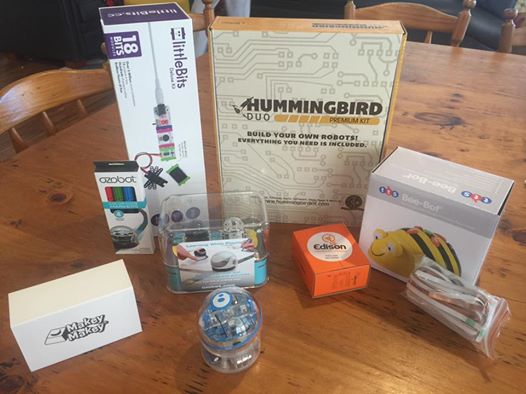FREE coding courses for teachers

CSER with the University of Adelaide With the support of a Australian Federal Government Grant the CSER (Computer Science Education Research) Team offer four free online courses world wide with personalised workshops for teachers in Australia with project officers in each state. Australian schools that register their staff for an online course are eligible for access to a free lending library . If you would like a project officer to visit your school you can apply through the website. The online courses provide a range of content. F-6: Foundations is the introductory course and assumes no knowledge and is a great way for teachers to introduce coding and the use of computational thinking and digital systems into their classroom and schools. The courses are mapped to the Australian Curriculum but the content suits all Australian states and their particular version of curriculum. It also covers skills and content required in other countries that require the teaching of...
